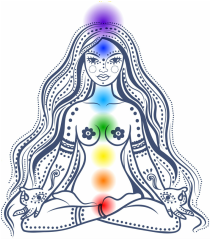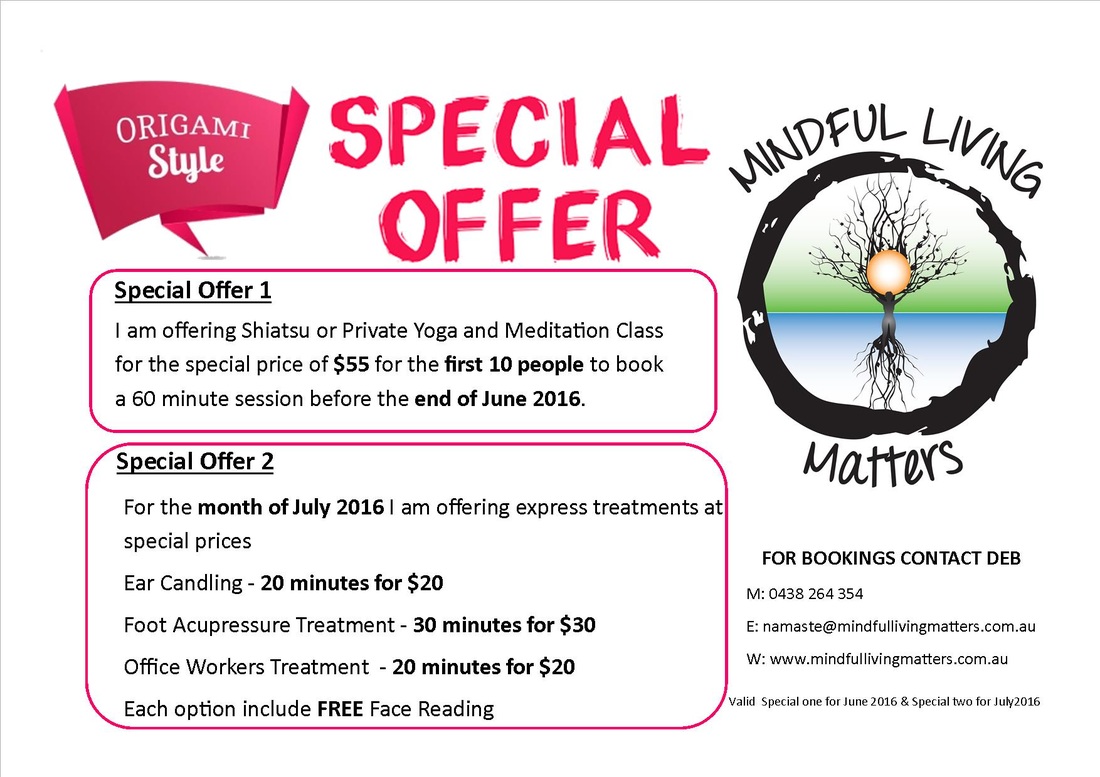
Research has proven that mindfulness reduces stress. Mindfulness leads to a happier, healthier way of living. Mindfulness works for people with anxiety, depression, trauma and over stimulated minds. This word mindfulness just seems to illicit a feeling of peace. But what is mindfulness?
Some might be see mindfulness as being associated with yoga or meditation; however mindfulness is a lot more in depth than a physical practice or sitting in stillness for periods of time. It is important to note though that these activities certainly have a huge association with mindfulness and can assist in understanding the precept behind it.
The scientific definition of mindfulness encompasses the state of being able to observe your thoughts and feelings with active and open attention. Mindfulness is to be living in the present moment and being aware of that experience at that time. Further extension of the mindfulness definition includes non-judgement. Observing how you are feeling without labelling the thoughts or feelings as good or bad, just being present with it.
It took me 10 years to fully appreciate the term living with mindfulness. Perhaps I take longer than others to learn or perhaps in some people’s opinion I am a quick study. It’s not really up to me to say. For me – a person who like many others of my generation expect immediate feedback on tasks and likes to see projects through to the finish…taking 10 years to actually “get” what I had been practicing was almost painful at times.
Mindfulness is about enjoying the good, bad and the ugly. It’s about sitting with sensation and accepting that it will pass. There is no blame or judgement for the joyfulness, the sorrow or the pain of the situation. That doesn’t mean at times I don’t wish for more joy and less pain, it just means I am on the path to accepting what life really is all about and taking one day at a time while trying to live with my own authenticity in it.
Life is an impermanent and constantly changing series of events. It is up to us as individuals to live it. It doesn’t mean we have to be one way or another as we move through our everyday life. It doesn’t mean we accept the bad stuff that happens; we don’t even have to pretend to enjoy life. By living with mindfulness we learn that events in our life change, we start to notice how we respond to those events and we make choices to either continue responding in the same way or we change how we respond to each changing event. To paraphrase Wayne Dyer when we start to change the way we look at things, what we look at changes.
Mindfulness can help us see things differently, feel things differently and even think differently. Mindfulness does not stop us from getting worried, feeling guilty or seeing the negative things in the world. Mindfulness just helps us to change how we respond mentally and even physically.
Science is proving that mindfulness changes our brain and the way that the nervous system is wired. It is showing the effects on aging, demonstrating the positive impacts on disease such as irritable bowel, pain, cancer and yep even reduces stress. Mindfulness really is a buzz word at the moment but I think we will see this beautiful practice of mindfulness stay around for the long haul.




 RSS Feed
RSS Feed